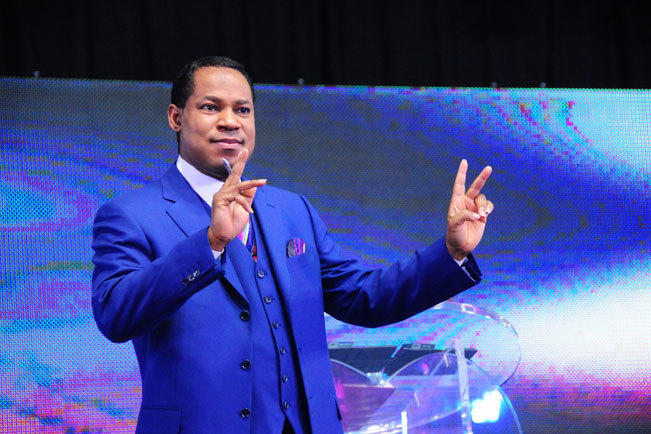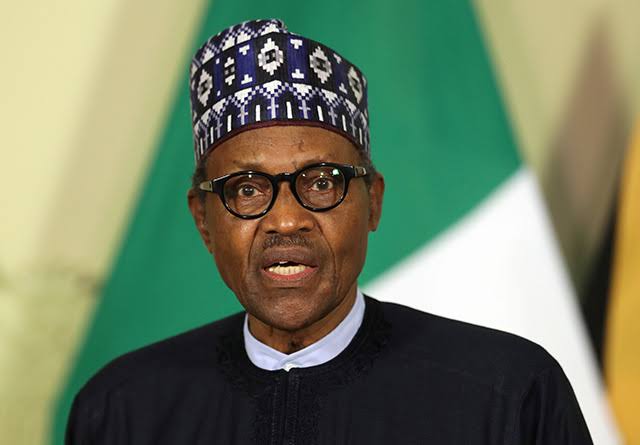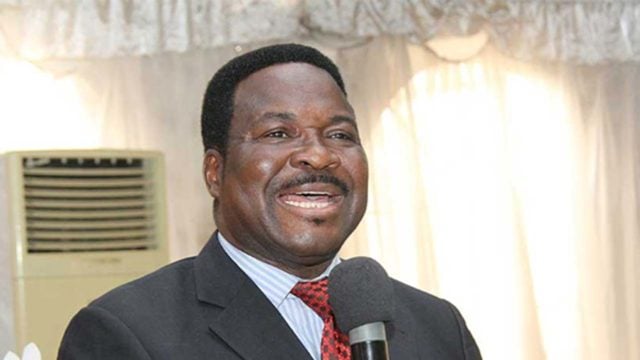The United Kingdom Charity Commission has indicted the country’s branch of Christ Embassy and its board of trustees of fraud.
The indictment follows a five-year investigation into the church’s finances and administration. The church was founded by Chris Oyakhilome.
In a report published on its website, the commission said its inquiry concluded that there were serious misconduct and mismanagement in the church’s administration, inadequate recording of its decision-making processes and failure to comply with its grant-making policy.
The commission said it opened an inquiry into Christ Embassy to investigate issues ranging from transactions between the church and “partner organisations”, administration; governance and management of the charity; financial controls and management of the charity and if the trustees had complied with their responsibilities under the charity law.
Advertisement
The commission found out that the church, between 2009 and 2011, paid substantial grants to organisations classified as “partner organisation”.
According to the report, the church’s account showed grants amounting to £1,281,666 were paid to Loveworld Television Ministry; £118,995 to Healing School, £186,616 to International School of Ministry, £10,000 to Christ Embassy Canada, £10,566 to Christ Embassy France, £37,216 to IPPC Conference and £77,266 to Rhapsody of Realities.
However, after examining the church’s records, the interim manager (IM) found no evidence of compliance with the church’s grant-making policy in the documents examined.
Advertisement
“Documents examined showed a lack of records and receipts to account for grants made and there appeared to be little consideration given to whether the receiving parties had expended grants appropriately and for intended purposes, as was required by the policy,” the report said.
“This demonstrates failure to comply with its grant-making policy and inadequate recording of decision making by the trustees which is misconduct and/or mismanagement in the administration of the charity.”
ADMINISTRATION AND MANAGEMENT
The inquiry noted that it had “serious concerns” regarding the trustees’ decision making relating to the charity’s relationship with Loveworld Limited, whose “primary objective was to advance Christian programming in the UK and to provide entertaining and educational programmes for the diverse demographics of the UK”.
Advertisement
According to the report, the trustees informed the inquiry that payments made by the charity to Loveworld Limited were not grants or donations as indicated in their accounts but represented payments for broadcasting services provided by the company to the charity.
But when asked to provide documentation that recorded the decisions made in respect of payments made to Loveword Limited, the charity could only provide two sets of minutes of trustee meetings.
“However, neither set of minutes included any decision or resolution to make payments to a company of which one trustee was sole shareholder,” the report said.
“The trustees did not have any formal contracts in place or indeed rationale for using Loveworld Limited as opposed to any other broadcaster.
Advertisement
“The IM’s scrutiny of charity records and documents demonstrated that the trustees had failed to comply with the terms of the charity’s governing document and that they failed to comply with the requirements of section 185 of the Act in paying for services by a company owned by a trustee.
The inquiry also found out that the church allowed Loveworld Limited to make use of its property valued at £1.8 million from 2006 to 2012 for free.
Advertisement
When asked, the trustees said Loveworld had only occupied a “small part of the premises”, on an informal basis, adding that the arrangement had been formalised since 2012 and the company was charged £75,000 per year for use of the property.
But the inquiry considered that the level of rent indicates that Loveworld Limited occupied a substantial proportion of the building.
Advertisement
“This indicates that the trustees failed to act in the charity’s best interests or with reasonable care and skill in terms of their decision-making and in the negotiation of the arrangements with Loveworld Limited and is not seeking appropriate advice regarding formalising occupation of premises by the company,” it said.
“In addition, the fact that the charity was also subsidising a proportion of the company’s utility bills indicates a lack of reasonable care and skill and a failure to use the charity’s resources responsibly. These actions were not in the charity’s best interest or in furtherance of its objects and were misconduct and/or mismanagement in the administration of the charity.”
Advertisement
CONFLICT OF INTEREST
The inquiry also discovered that in 2013, the church paid Ventaja Limited £44,925 for construction and decoration of a stage. It found out that the company was owned by Tony Obi (trustee G) a member of the church’s board of trustees, who was also a zonal pastor of the church.
“The IM found evidence indicating that Trustee G had employed the services of Ventaja Limited to provide services to the charity, but it was unclear from the charity’s records what considerations were made regarding potential conflicts of interest. It is unclear to the Commission that the decision-making trustees, in position at the time payments were made, were acting only in the interests of the charity.
“The trustees failed to provide any records to evidence that conflicts of interest had been identified or correctly managed prior to the opening of the Inquiry.”
LACK OF UNDERSTANDING OF FINANCIAL MANAGEMENT
Under the church’s financial control and management, it was discovered that cash collection and payment recording processes were not uniform across the charity.
Nine bank accounts were identified as holding funds belonging to Christ Embassy, Nigeria which is a separate company to the church.
“The inquiry found no evidence to suggest that any of the banking institutions were aware that they were holding funds controlled by Christ Embassy Nigeria,” it said.
“In addition, the accounts were not named in such a way as would indicate the funds are controlled from Nigeria: for example, two of the active accounts are named Christ Embassy East London.
“The inquiry, not being satisfied that the funds held in these accounts were owned by Christ Embassy Nigeria, exercised legal powers and issued orders dated 8 august 2014, under section 76(3)(d) of the Act, freezing six of these nine bank accounts, protecting funds to a value of £615,420.
“In the absence of clear evidence to support the trustees’ position, the Inquiry concluded that funds held in the accounts belonged to the charity and these accounts remained frozen until the order was revoked on 24 August 2016.
“This demonstrates the trustees’ failure to deal with the bank accounts appropriately and their lack of understanding of financial management and the importance of clearly identifying the charity’s property and/or assets held on behalf of another entity and is mismanagement and/or misconduct in the administration and governance of the charity by the trustees.”
FAILURE TO SUBMIT TAX RETURNS
The IM informed the inquiry that the trustees’ failed to submit the church’s 2010-11 and 2012-13 self-assessment tax returns on time thereby incurring penalties for late submissions.
“The IM established that the charity had failed to maintain sufficient records or processes to show that expenditure by employees had not been an employee benefit and therefore subject to tax,” it said.
“Sufficient records to show that charity vehicles were being used solely for charitable purposes and not used by trustees/employees for private use; sufficient records to support the charity’s claim to Gift Aid and to demonstrate the expenditure was in fact charitable.
“The interim manager agreed to pay £250,000 to settle these violations with Her Majesty’s Revenue and Customs (HMRC).”
UNDISCLOSED ASSETS
The Inquiry team also discovered three UK properties that were not disclosed to the commission by the trustees.
The trustees reportedly said despite the legal title of the properties being vested in the name of two of the church’s trustees, the properties “were acquired on behalf of, and held in trust for, Christ Embassy Nigeria”.
“The Inquiry noted that the Land Registry entries in respect of the 3 properties made no reference to the beneficial owner being Christ Embassy Nigeria and documentation supplied by the trustees provided no evidence to support their assertions.”
INADEQUATE INSURANCE COVER
The inquiry discovered that the trustees failed to secure adequate insurance to protect church’s assets and protect them against claims for accidental damage to property/or compensation for accidental injury to third parties.
“The failings of trustees to act appropriately left the charity open to financial and reputational risk and losses, as well as to risk of litigation,” it said.
Add a comment






